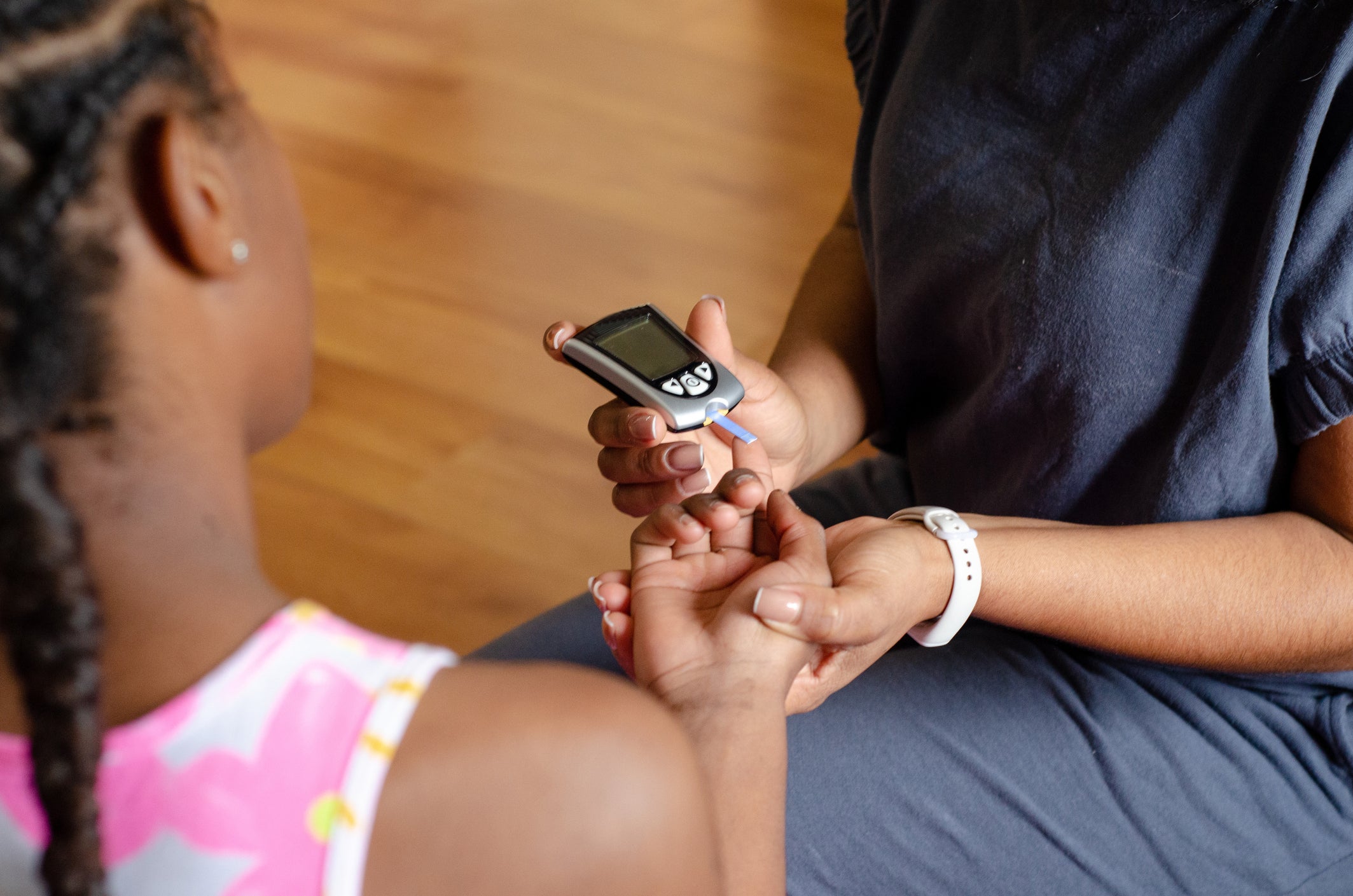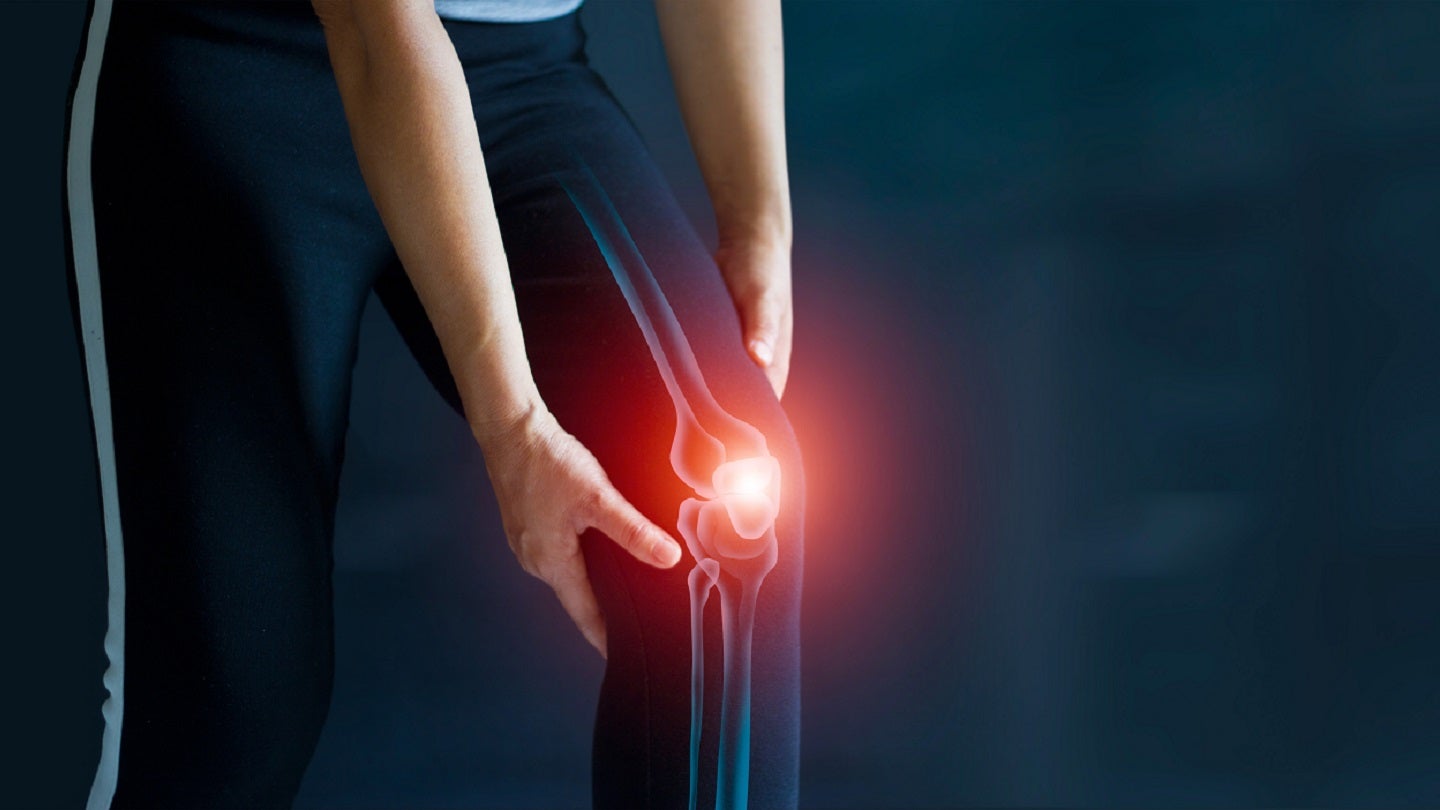AstraZeneca’s Forxiga meets primary endpoint for T2D
AstraZeneca has announced positive results from the T2NOW Phase III trial for paediatric patients treated with forxiga (dapagliflozin) for the treatment of type 2 diabetes (T2D). Forxiga is an oral sodium-glucose co-transporter-2 (SGLT2) inhibitor that lowers blood glucose levels. The drug is approved in 122 countries to improve glycaemic control in T2D patients in conjunction with diet and exercise. In the EU, paediatric patients above the age of 10 can be administered the drug after positive results from the T2GO study. Forxiga has not yet been approved for paediatric patients in the US. The T2NOW trial results showed a significant reduction in A1C, an average blood sugar marker in patients taking forxiga and metformin, insulin, or both, compared with patients receiving the placebo. Safety results in 10–17-year-olds are consistent with adult patients who take the drug. Forxiga is not the only SGLT2 inhibitor on the market. Invokana (canagliflozin) by J&J was approved for the treatment of T2D in the US in 2013, however it has since been linked with ketoacidosis, kidney damage and amputation. The FDA has not recalled the drug, but a boxed warning was introduced between 2017 and 2020. Sales of the Invokana have dropped significantly in recent years, from $1.4bn in 2016 to $448m in 2022, according to J&Js respective annual reports. T2D is a disease that leads to high glucose levels in the blood. If untreated, it can lead to serious health complications such as heart disease, strokes, and kidney disease. The approval of forxiga would mean oral medication is available for patients who struggle with injectables. Executive vice president of the biopharmaceuticals business unit at AZ Ruud Dobber said: “It is well documented that some patients find injectable therapies challenging, making the need for effective oral treatment alternatives paramount.”

What's Your Reaction?

































